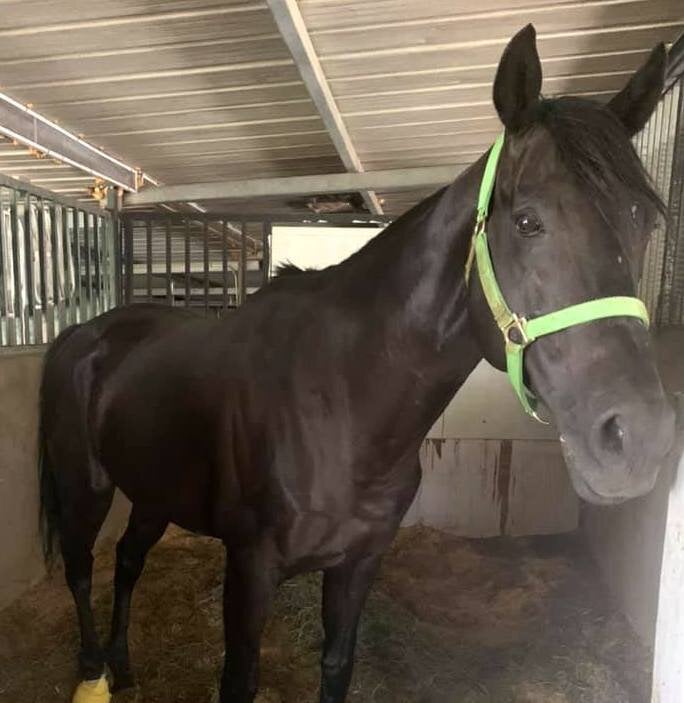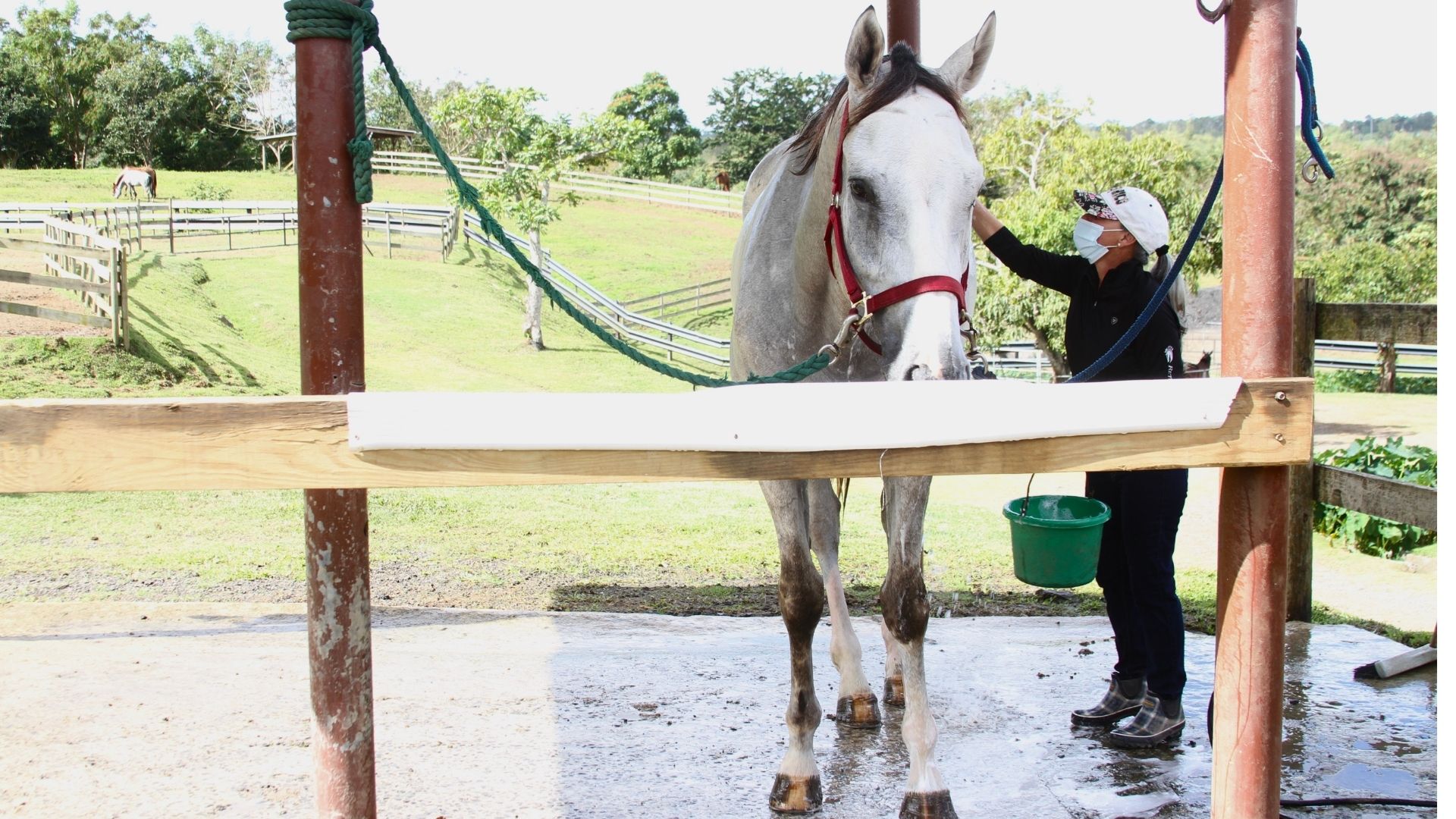The Value of a Pre-Purchase Exam for Horses
Benefits of a Pre-Purchase Exam
There are many benefits to having a pre-purchase exam performed on a horse before buying it. Some of the most significant benefits include:
-
Identifying Health Issues: A pre-purchase exam can help identify any underlying health issues that a horse may have. This can include everything from lameness and respiratory issues to dental problems and gastrointestinal issues. By identifying these issues early, buyers can make informed decisions about whether or not they want to take on the responsibility of caring for a horse with these issues.
-
Assessing Soundness: In addition to identifying health issues, a pre-purchase exam can also help assess a horse's soundness. This is especially important for horses that will be used for athletic pursuits, such as jumping, dressage, or racing. A soundness exam can identify any structural issues that may affect a horse's ability to perform at its best.
-
Establishing Baseline Health: A pre-purchase exam can also establish a baseline of a horse's overall health. This can be important for future reference, as it can help track changes in a horse's health over time.
-
Reducing Risk: By having a pre-purchase exam performed, buyers can reduce their risk of buying a horse with significant health or soundness issues. This can help prevent costly medical bills and can save buyers the heartache of having to retire or euthanize a horse due to a health condition.
What is Included in a Pre-Purchase Exam?
A pre-purchase exam typically includes a number of different components, which may vary depending on the veterinarian and the specific needs of the horse. However, some of the most common components of a pre-purchase exam include:
-
Physical Exam: The veterinarian will perform a thorough physical exam of the horse, which may include checking its eyes, ears, mouth, heart, lungs, and other major organs.
-
Lameness Exam: The veterinarian will also perform a lameness exam to assess the horse's gait and look for any signs of lameness or discomfort.
-
Flexion Tests: Flexion tests involve flexing the horse's limbs in certain ways to assess joint mobility and look for any signs of pain or discomfort.
-
Radiographs: Radiographs, or x-rays, may be taken of the horse's limbs, spine, and other areas to look for any structural issues that may affect soundness.
-
Blood Tests: Blood tests may be performed to assess the horse's overall health and look for any signs of infection or disease.
-
Other Diagnostic Tests: Depending on the horse's specific needs, other diagnostic tests may be performed, such as endoscopy to assess respiratory health, or ultrasound to assess soft tissue injuries.
Cost of a Pre-Purchase Exam
The cost of a pre-purchase exam can vary widely depending on the veterinarian, the location, and the specific needs of the horse. In general, a basic pre-purchase exam can cost anywhere from $300 to $1,000 or more. However, more extensive exams that include radiographs and other diagnostic tests can cost significantly more.
It's important to remember that the cost of a pre-purchase exam is a small price to pay when considering the long-term investment of buying a horse.
Rest assured, every horse in our program undergoes a complete pre-purchase veterinary evaluation, ensuring full transparency about any limitations.
Don't wait, come meet your future companion today by viewing our amazing adoptable horses!

.png)

.png)

.jpg)